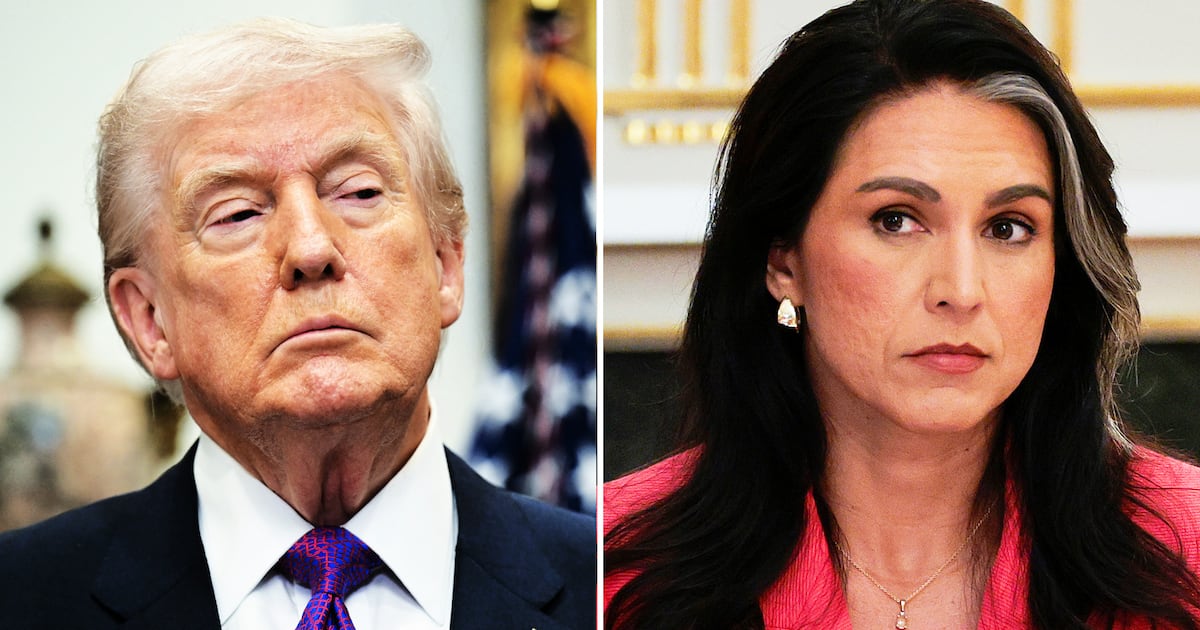After holding their silence for more than a month, the family of American journalist James Foley, who was kidnapped on Thanksgiving Day while reporting from northeast Syria, has lifted a news blackout on his disappearance, hoping that publicity may persuade his captors to release him.

According to Foley’s driver and translator, the freelance American reporter, who has been covering Syria mainly for the U.S. news-site Global Post, was seized at gunpoint in the town of Taftanaz, in the northern province of Idlib. He was captured along with another foreign journalist, whose family has requested he not be named, hoping that a low profile may ease any future negotiations with the abductors.
Foley’s family, too, had taken this approach, but after 44 days without any word from his captors, and with no clarity about the identity of the group that abducted their son, the family apparently decided to change tack and launch a public-awareness campaign.
“We want Jim to come safely home, or at least we need to speak with him to know he’s okay,” his father John Foley said in a statement. “Jim is an objective journalist and we appeal for the release of Jim unharmed.”
Foley’s abduction came a month before NBC’s chief foreign correspondent Richard Engel was seized also in Idlib province along with his four-man camera crew and a British security guard. Engel and his colleagues, who were held for five days by militiamen loyal to Syrian President Bashar al-Assad, were freed during a checkpoint clash between their abductors and an Islamist brigade of the rebel Free Syrian Army.
In their case, too, NBC asked for a news blackout, prompting a fierce behind-the-scenes debate within the press corps covering the Syrian conflict. That media blackout was observed by most media outlets, including The Daily Beast, but broken by the Turkish press, London’s Daily Mail, and the U.S. websites Gawker and the Atlantic.
Some journalists critical of media blackouts worry about the ethics of censoring their reporting and question whether self-imposed media silences aid in resolving abduction cases or not. Others believe that blackouts provide an opportunity for media employers and their security advisers to establish what has happened without being distracted by stories in the media that could possibly complicate negotiations or compromise a rescue effort. A news blackout was observed in 2008 when the Taliban abducted New York Times reporter David Rohde. He later escaped his kidnappers.
With the clock ticking and no clear signs of Foley, some of the reporter’s colleagues worried that a blackout in his case may have become counterproductive, fearing that his abductors may interpret incorrectly the lack of press coverage and believe that he isn’t a bona fide journalist.
Foley’s abduction underscores the grave and increasingly dangerous challenges journalists face in reporting from war-torn Syria. The conflict has claimed the lives of eight foreign journalists, including the renowned correspondent Marie Colvin, who may have been targeted by Syrian government forces. According to the Doha Center for Media Freedom, 90 journalists have died since the beginning of the conflict.
There are several foreign journalists as well as Foley being held captive, including American Austin Tice, who was freelancing for The Washington Post and McClatchy Newspapers when captured in August. Last month, Tice’s family appealed for his release, saying they yearned to have him home for the holidays. A video posted on the Internet in September raised the possibility that Islamist extremists were behind his abduction, though experts and colleagues believe pro-government militiamen staged the video.
In Foley’s case, private security sources tell The Daily Beast that they believe Jihadists may be involved in his abduction. The area in which he was working in Idlib province is known to have several Jihadist groups. Foley’s driver and translator, who were subsequently released, have failed to cast much light on the identity of the gunmen, sources say.
Foley’s brother, Michael, told CNN that the journalist communicated with his sister via Skype just hours before he was seized, and that he gave no indication of being in immediate danger. The family, and Global Post, as well as the news agency Agence France-Presse, for which Foley also reported, have been scrambling to secure any information they can and have been reaching out to “anyone and everyone,” the brother said.
"One of the reasons we have put the story out there is because we are seeking additional information. The message we want to give is James is an innocent and unbiased journalist,” Michael Foley added.
The CEO of AFP, Emmanuel Hoog, said in a statement: “After respecting his family’s initial decision to remain silent about the abduction, AFP now fully supports its choice in making the news public and wholeheartedly calls for the journalist’s release.”
Global Post executives echoed that sentiment. “We have been working intensively with many parties in the United States and in the Middle East to secure Jim Foley’s freedom so he can return home to his loving family,” said the site’s chief executive chief executive, Phillip Balboni.
“Jim is a brave and dedicated reporter who has spent much of the past year covering the civil war in Syria, believing like so many of his colleagues that this is a very important story for the American people to know more about. We urge his captors to release him.”
The 39-year-old came to journalism late and was for several years a teacher before building up expertise in the Middle East and North Africa and earning a reputation as a fearless war reporter. This isn’t the first time he has been abducted. He was held for more than a month in Libya after being captured in April 2011 by forces loyal to Muammar Gaddafi.
His family has launched a website and a Facebook page to highlight his case.






